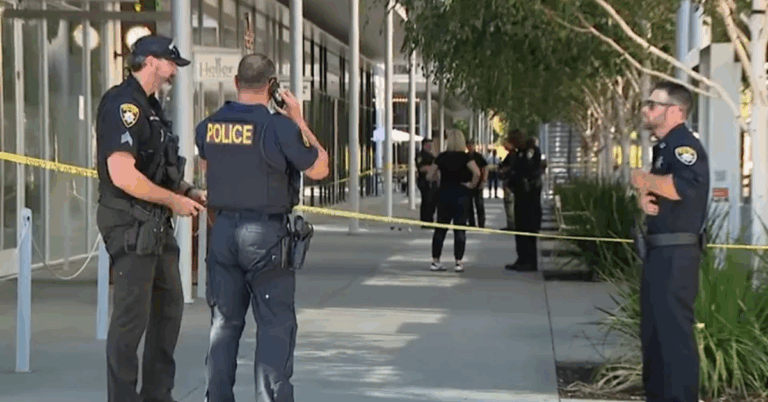The recent firing of several South Carolina state employees has ignited a fierce debate about free speech in the workplace, especially within government jobs. This controversy raises questions about the balance between employees’ rights to express personal views and the obligations they hold as public servants.
As this story unfolds, many are wondering how free speech is protected—or limited—when it comes to government workers. This article dives into the details of the incident, the legal perspectives involved, and the broader implications for free expression in employment.
What Happened in South Carolina?
Earlier this year, South Carolina’s government terminated a group of state employees after they made public statements deemed controversial or inappropriate by officials. The exact content of their remarks has not been fully disclosed, but the swift action has stirred public concern and media attention.
State leaders argued the employees’ speech conflicted with their duties, potentially harming the government’s image or violating workplace policies. On the other hand, advocates for the fired workers claim their right to free speech was unfairly curtailed.
The Legal Debate on Free Speech and Public Employees
Free speech in the United States is a complex subject, especially when it concerns government employees. According to the First Amendment, individuals have the right to express themselves without government censorship. However, court rulings recognize that public jobs come with certain speech restrictions to ensure effective governance.
Legal experts point to key cases like Pickering v. Board of Education, where the Supreme Court balanced a teacher’s right to speak on public issues against the employer’s interest in keeping an efficient workplace. This principle guides many free speech disputes involving public workers.
Still, critics argue that governments at times use vague policies to silence dissent or controversial views, possibly violating constitutional protections. The South Carolina incident is viewed by many as a test case for where those limits should be drawn.
Public Views and Impact on Youth
The debate extends beyond legal technicalities into wider social and cultural concerns. Younger generations, who are more active on social media and engaged in political discussions, watch these events closely. Many young people value freedom of expression but also recognize the importance of responsibility in what is said, particularly by public figures.
This case highlights the tensions between personal speech online and the professional expectations placed on employees. It also raises questions about how governments can respect free speech without allowing harmful or disruptive conduct.
Looking Ahead: What Does This Mean for Free Speech?
The firing of South Carolina employees will likely influence future policies on speech and behavior in public workplaces. Experts suggest a need for clearer guidelines that fairly protect employees’ rights while maintaining government integrity. Additionally, ongoing public dialogue is essential to navigate these difficult issues.









